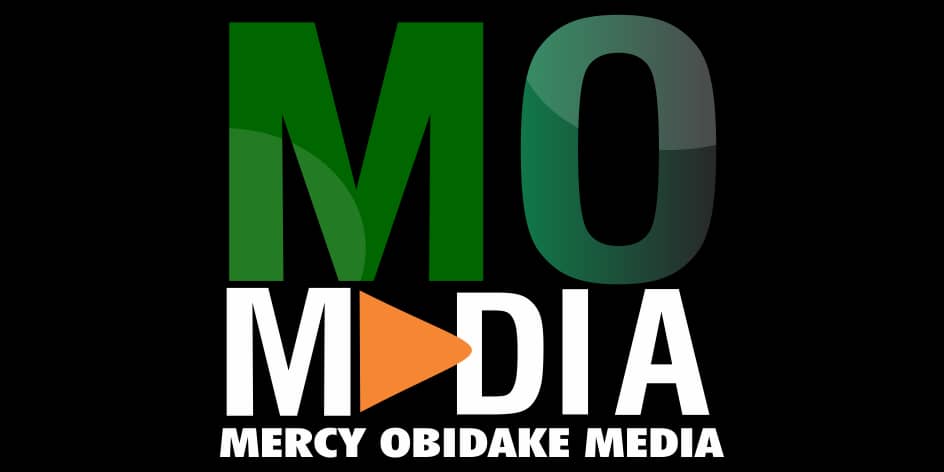News
Meta Deletes 10 Million Impersonator Accounts to Promote Originality on Facebook

Meta, the parent company of Facebook, has intensified its efforts to combat fake engagement and protect original content on the platform, announcing the removal of over 10 million fake profiles and 500,000 spam accounts in the first half of 2025.
In a blog post released on Monday, the tech giant revealed that this action is part of a broader campaign to curb impersonation, copycat content, and recycled posts, with the ultimate goal of promoting authenticity and boosting visibility for genuine creators.

“We’re making progress. In the first half of 2025, we took action on around 500,000 accounts engaged in spammy behaviour or fake engagement. We also removed about 10 million profiles impersonating large content producers,” Meta stated.
The company emphasized that accounts which primarily repost or recycle content without permission or meaningful modification will face penalties, including limited reach on Facebook feeds and the loss of monetisation privileges.
Meta warned that “repeatedly sharing unoriginal material, whether videos, photos, or text, undermines the platform by crowding out authentic voices and making it harder for fresh creators to break through.”
To tackle this, Meta is rolling out new tools to help identify and credit original content creators. One such feature links duplicate posts back to the original, helping highlight authentic work and reward those responsible for creating it.
“Pages and profiles that post mostly original content tend to enjoy wider distribution across Facebook. Simply stitching clips together or adding a watermark will no longer count as meaningful editing. Content that provides real value and tells an authentic story is likely to perform better,” the company explained.
Additionally, Meta cautioned users against posting watermarked content from other platforms. Doing so, the company said, could result in reduced reach or even loss of monetisation.
To further support content creators, Meta has introduced new post-level insights in the Professional Dashboard. These tools will allow creators to track individual post performance and monitor potential restrictions via the Support Home screen.
In a related development, YouTube has announced its own update aimed at maintaining content quality. The platform said it would no longer permit mass-produced or highly repetitive content to earn ad revenue.
Initial reactions on social media raised concerns that YouTube’s policy might target AI-generated content. However, the company clarified its stance in a statement.
“We welcome creators using AI tools to enhance their storytelling, and channels that use AI in their content remain eligible to monetise,” YouTube assured.
Both Meta and YouTube say the changes are part of ongoing efforts to uphold high standards for digital content, protect creators, and promote originality in the evolving creator economy.

